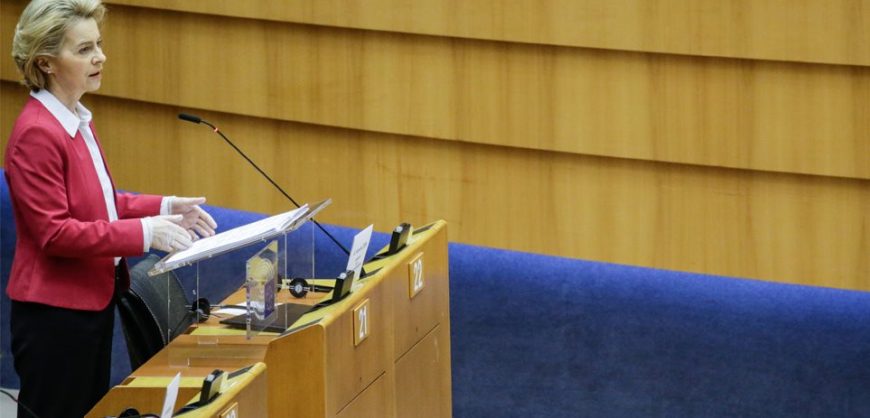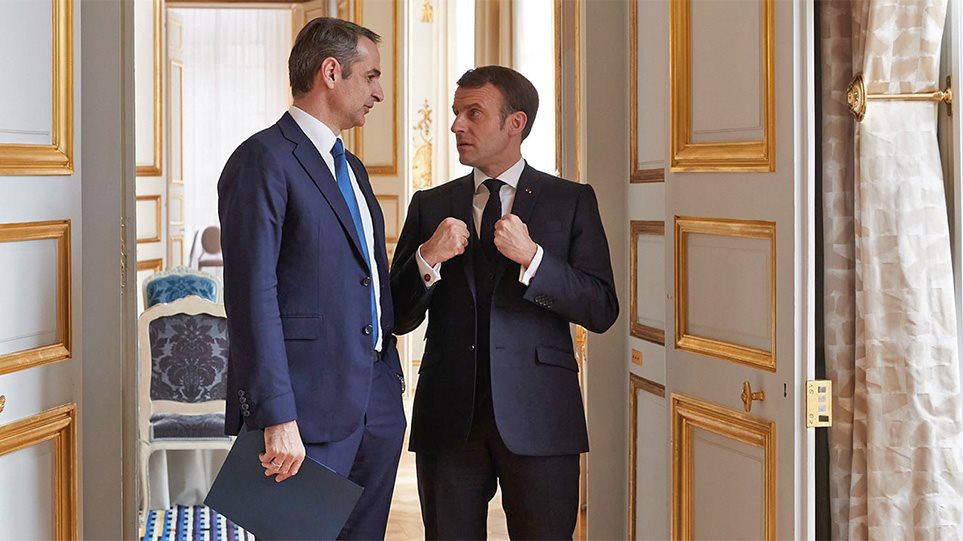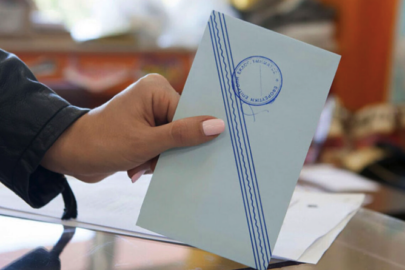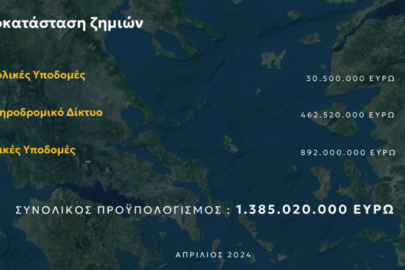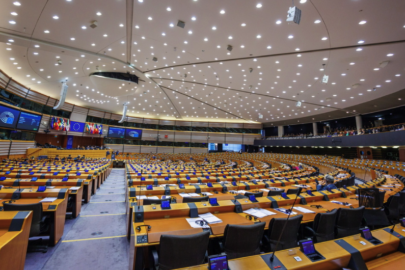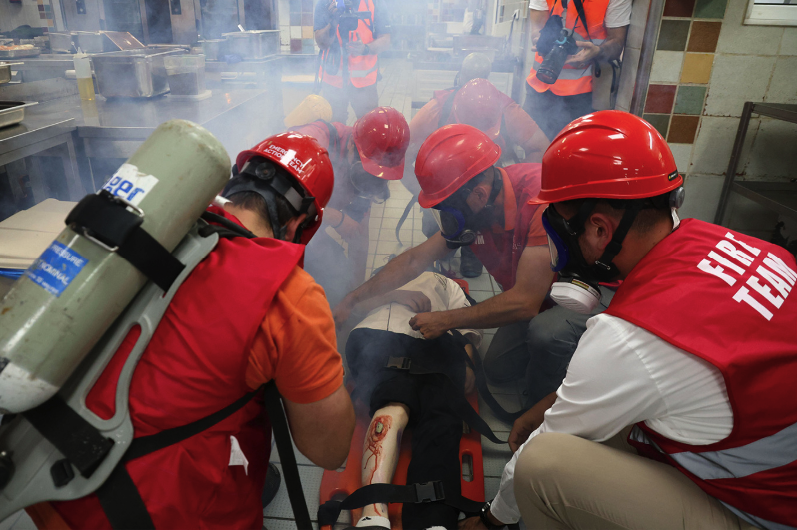The European Commission President Ursula von der Leyen is presenting the EU’s plan against the coronavirus pandemic in an article to protothema.gr.
The EU president stressed that this was not the time for half-measures, saying that Europe initially seemed blinded by an unknown enemy but promised that with a “Marshall Plan” the European economy would recover the next day after this crisis.
Ms. Ursula von der Leyen’s article follows:
How will our Europe regain its power?
In recent weeks, everything has changed in our world. We think that an eternity has passed since we lived our little everyday life. Now, some of you have symptoms, others have acquaintances who are sick and we are all worried about the health of our loved ones.
But the uniqueness of the situation we are experiencing is that we are all part of the solution: all of us as citizens, but also as businesses, cities, regions, nations and the whole world. Yes, it is true: Europe at first seemed blinded by an unknown enemy and in a crisis of unprecedented scale and speed. This misconception still haunts us today.
But now Europe is rising again. And this is mainly due to the wave of support that is flooding our EU from one end to the other. In recent weeks, we have seen retired doctors and nurses present at the call for volunteer work and millions more volunteering to do what they can to help. We saw restaurants distributing food to exhausted doctors and nurses, fashion houses sewing uniforms for medical staff, and automakers producing respirators.
This solidarity is contagious – and it is rooted in the heart of our Union. And thanks to that, we see real Europe reappearing. The one who joins forces to achieve what none of us could achieve on our own. Europe is now producing results and working day and night to save as many lives as possible, to protect our way of life and to revive our economies.
In recent weeks we have taken steps that would have been unthinkable a while ago. We have made our rules on state aid more flexible than ever, so that our businesses, large and small, can find the support they need. We have loosen our fiscal rules more than ever, so that states and the EU can quickly fund those who need it. Thus, the EU institutions and the Member States allocated 2.8 trillion Euros. to address the crisis – the strongest response in the world to the crisis.
And this week, the EU is taking another step forward. We have proposed a new initiative, called SURE, to ensure that no one loses their job and income, and at the same time to help businesses survive as long as we are in isolation. This initiative will boost the governments’ efforts to cover the loss of income by 100 billion Euros, for example, if your company was forced to reduce your working hours, while at the same time, it can support self-employed people. In this way, those in need will be able to pay their rent and bills and buy the necessities of life, and our businesses will be able to continue to operate in this situation.
And, in order to intensify our battle and save lives, we also decided to use even the last Eurocent left in this year’s budget. This emergency tool will help ensure vital medical equipment and increase tests.
Because in the face of such a crisis, half-measures have no place. And like so we will move forward in the coming years, as we try to breathe new life into our economy to overcome the crisis. To do that, we will need huge investments, a kind of “Marshall Plan” for Europe. At the heart of this process should be a solid new EU budget. The advantages are obvious: the EU budget is proven to be a means of solidarity and modernization. Also, because it covers a period of seven years, it creates confidence for investors and reliability for all participants.
But just as our world today is very different from what it was just a few weeks ago – so must our budget. This will be the critical time when our economies will be weakened by the current crisis, which will have to be restarted and our single market will be operational again.
The billions and trillions we spend today to prevent a major catastrophe are an investment in our future protection and will bind many generations. That is why the money in our next budget should be invested in a smart and sustainable way, so that we can keep all that is valuable to us and renew the feeling of the nations that belong to Europe.
Indeed, we must spend in a way that will invest in our future, for example, for innovative research, digital infrastructure, clean energy, for a smart circular economy, for transport systems of the future. Such a “Marshall Plan” will help build a more modern, sustainable and resilient Europe. This is the Union that I believe can emerge from this crisis – as has happened after every crisis in our history.
And this enormous effort, this new Europe, will need one thing more than any other: the people of Europe must desire a common future, where we will all support each other.
What I see today all over Europe shows the way and fills me with pride. The future of Europe is being written by Polish doctors going to Italy. It is written by the Czechs who send 10,000 masks to Spain and elsewhere. This is shown by planes transporting patients from northern Italy to East Germany or trains transporting patients to countries with free beds in intensive care units. This is shown by the Bulgarians who send protective equipment to Austria and the Austrians who send masks to Italy. This is shown by the first common European stock of health equipment, as well as respirators and tests purchased jointly by almost all countries, from Romania to Portugal, to be sent to Spain, Italy and elsewhere. The Union’s strength and solidarity was also felt by thousands of Europeans trapped in Vietnam, South Africa or Argentina who were able to fly back to their country on a European ticket.
Through each of these acts of solidarity, Europe is slowly regaining its stature. And I have no doubt that Europe will soon be back on its feet, united.

